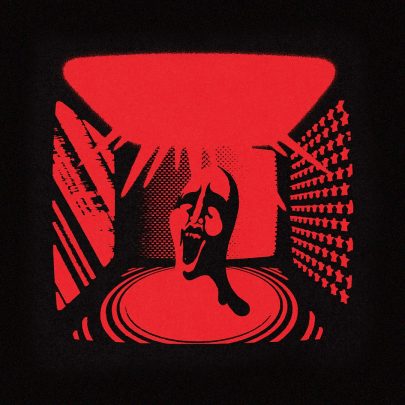Dec 7, 2015 Film & TV
This is the great Italian director’s second film in English, after This Must Be the Place (2011), and it’s a feast for the eyes.
Michael Caine, giving his best performance in at least a decade, plays a retired composer and conductor, taking his annual vacation at a luxury spa in the Swiss Alps. An emissary from the Queen approaches him, as the film opens, with a request that he conduct his most famous piece for a gala concert: it’s the only music Prince Philip actually likes, and no one else will do. He refuses.
To the extent that Youth has a central story, it’s the story behind this refusal, which Sorrentino tries to present as both mystery and talisman, a choice resonating with all the things the young fail to understand about the old.
Here, as in various bits of subplot involving the spa’s other residents, Sorrentino’s ham-fisted expository dialogue lets him down: whenever his characters try to bare their souls, they sound like the inhabitants of a vastly lesser film.
But visually, and in its use of music, and above all in its intelligent, spacious editing, which deploys images and scenes like a chess master playing an unhurried game against a skilled opponent, Youth is too interesting to ignore. A supporting cast including Harvey Keitel, Paul Dano, Jane Fonda and above all Rachel Weisz all do outstanding work, and the dominant tone, despite Sorrentino’s occasional dips into half-baked melodrama, is wry, dry and poignant.
If you have an appetite for ambitious cinema, give this imperfect, challenging film a chance.





